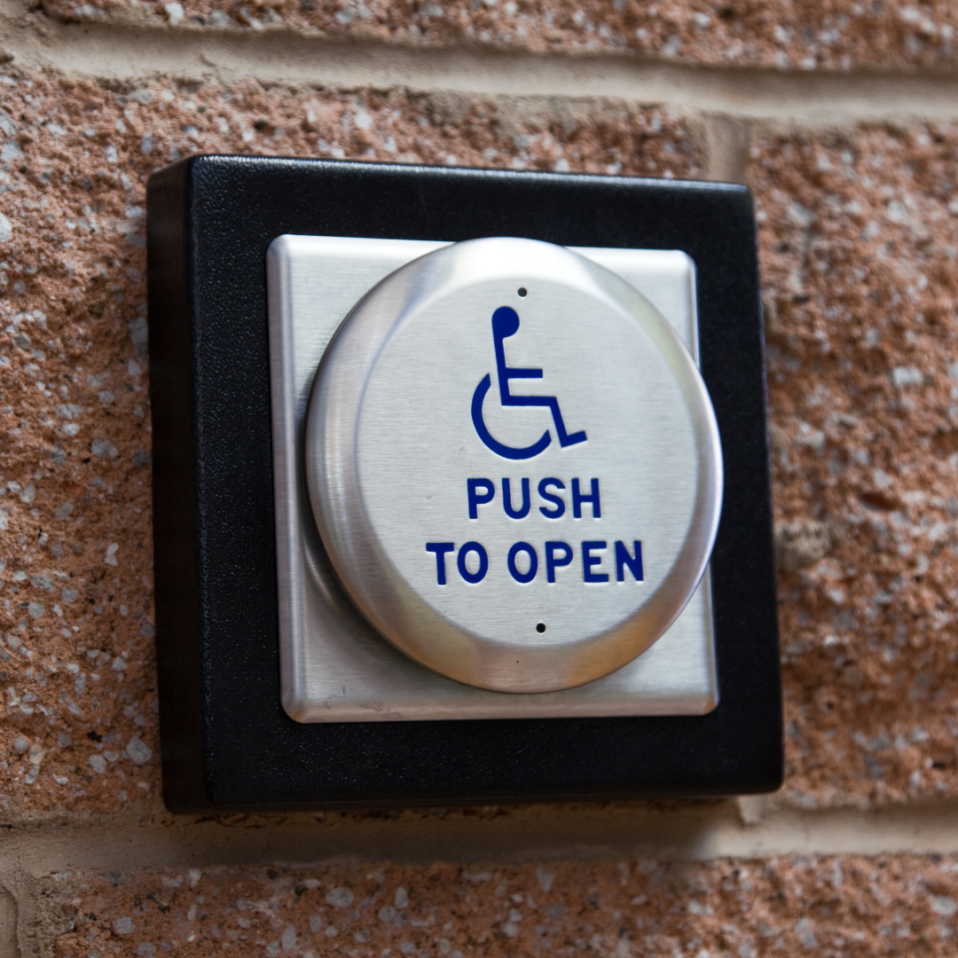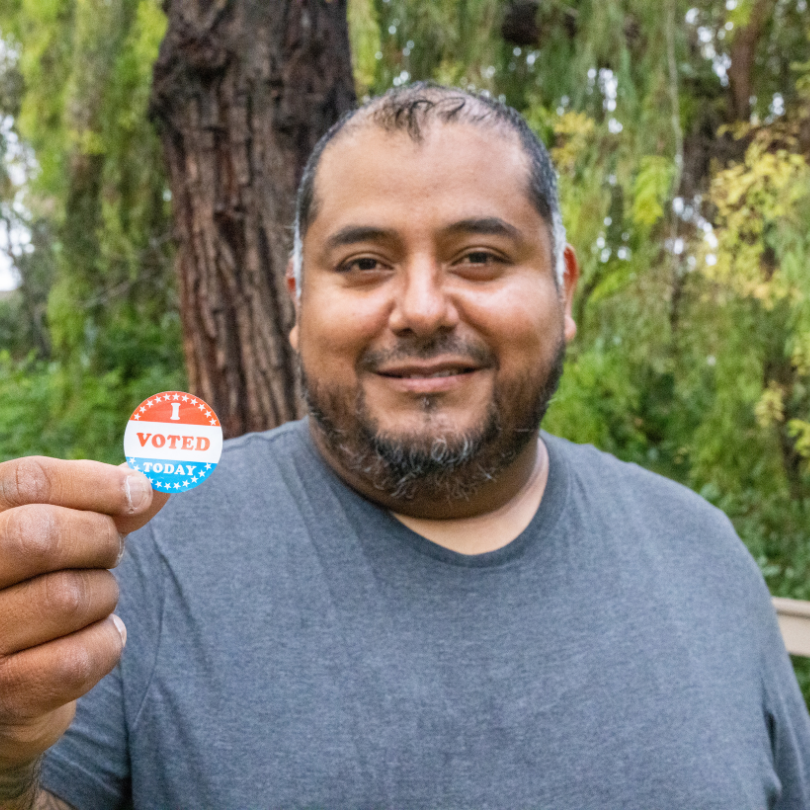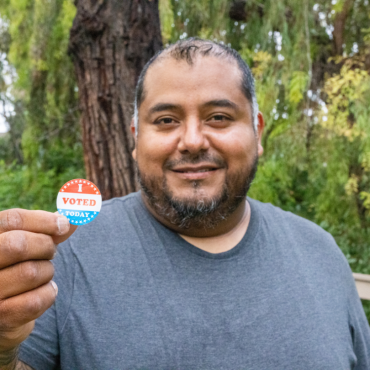November is Assistive Technology Awareness Month, a time to celebrate how technology positively impacts the lives of people with disabilities.
What is Assistive Technology?
Assistive technology is any tool or system that helps people with disabilities do things, be more independent, and improve their overall quality of life.
Here are some examples:
· Wheelchairs and Mobility Aids: These help people move around on their own.
· Communication Aids: Tools that assist people with communication difficulties.
· Hearing Aids and Cochlear Implants: Improve or restore hearing.
· Screen Readers and Voice Recognition Software: Help those with visual or motor disabilities use computers.
· Adaptive Keyboards and Mouse Devices: Make computer use easier for those with fine motor skill limitations.
· Prosthetic Limbs and Orthotic Devices: Support and enhance mobility.
· Smart Home Technology: Can be adapted to control the home environment.
· Sensory Aids: Help those with sensory impairments interact with their surroundings.
These examples show just a fraction of the diverse range of assistive technologies available. The goal of assistive technology is to remove barriers and provide equal access and opportunities for individuals with disabilities.
Any device that removes a barrier can be assistive technology!
Assistive Technology for Students with Disabilities
The Individuals with Disabilities Education Act (IDEA) is the main law for special education. The law states that the team who develops a student’s individualized education program (IEP) must consider their need for assistive technology devices and services. Assistive technology can help students in all parts of their education. This includes training for the student and their parents to support them.
How to Get Assistive Technology on a Limited Income
Outside of school, people can get assistive technology through Maryland Medicaid and home and community-based waiver programs, funded by Medicaid.
Maryland Medicaid is a lifeline for many individuals who need durable medical equipment, assistive technology, and/or home modifications to lead full, independent lives. To see what programs you might be eligible for, contact Maryland Access Point (MAP).
Try Assistive Technology for Free
There’s a free resource for trying assistive technology. The Maryland Technology Assistance Program (MDTAP) has a loan library. It lets people explore and test assistive technology before making a commitment. Visit the MDTAP website for more info.
Let’s ensure everyone has the tech they need to thrive!
Assistive technology is a necessity, not a luxury. This Assistive Technology Awareness Month, let’s appreciate programs like Maryland Medicaid and resources like MDTAP that enable individuals with disabilities to access Assistive Technology.









